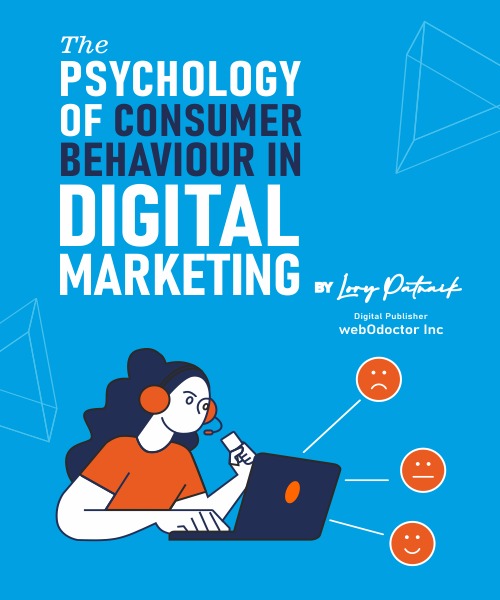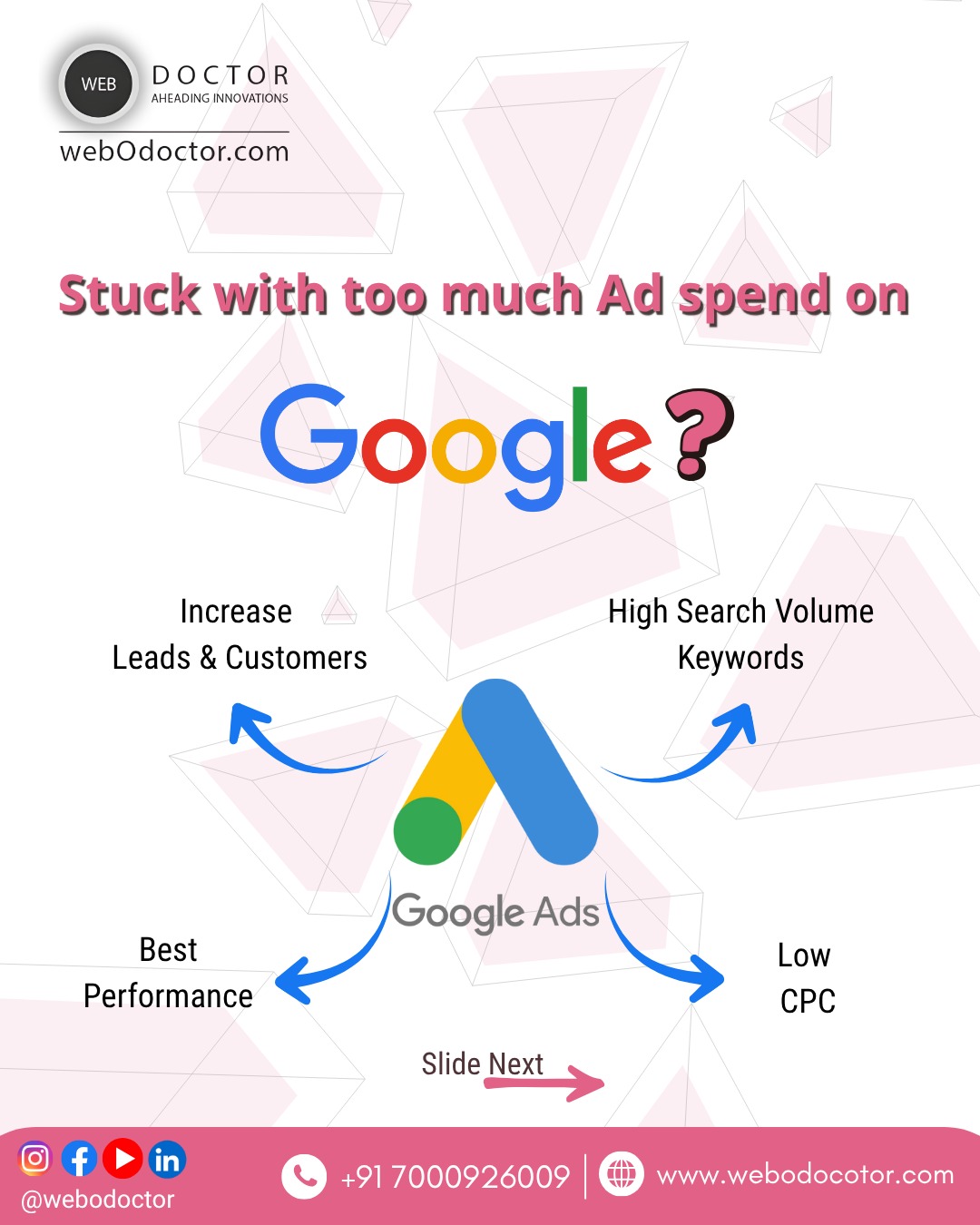
Unlocking The Power Of Ppc For Small Businesses: A Guide To Effective Advertising Strategies
In today's competitive digital landscape, small businesses face significant challenges when it comes to attracting and retaining customers. Limited resources, budget constraints, and the need for immediate results can make it difficult for them to achieve their marketing goals. However, Pay-Per-Click (PPC) advertising offers a solution that can level the playing field and drive meaningful growth. In this article, we will explore what PPC is, why it is important for small businesses, the benefits it brings, and how to develop the right PPC strategy to maximize results.
What is PPC?
PPC, or Pay-Per-Click, is an online advertising model where advertisers pay a fee each time their ad is clicked. It is commonly associated with search engine advertising, such as Google Ads, but it also encompasses other platforms like social media networks, display networks, and remarketing campaigns. PPC ads are displayed prominently on search engine results pages (SERPs) or websites and are designed to attract potential customers who are actively searching for products or services relevant to the business.
Why is PPC important for small businesses?
Cost-effective: PPC allows small businesses to reach their target audience without breaking the bank. Unlike traditional advertising methods, where you pay for impressions or ad space, PPC ensures that you only pay when someone clicks on your ad, making it a highly cost- effective marketing strategy.
Instant visibility: PPC provides small businesses with immediate visibility in the digital realm. By targeting specific keywords and demographics, you can quickly get your brand in front of potential customers who are actively looking for what you offer. This instant exposure can generate leads and increase conversions at a faster pace compared to organic methods.
Measurable results: PPC offers detailed metrics and analytics that allow small businesses to track their campaign performance in real time. With the ability to measure key metrics like click-through rates (CTRs), conversions, and return on investment (ROI), businesses can make data-driven decisions, optimize their campaigns, and allocate their budget more effectively.
Benefits of PPC for small businesses:
Enhanced brand exposure: PPC allows small businesses to increase their brand visibility and recognition. By appearing in relevant search results, social media feeds, or websites, businesses can create brand awareness and establish themselves as trustworthy and reliable sources within their industry.
Targeted advertising: PPC offers precise targeting options, enabling small businesses to reach their ideal audience. Whether you want to target users based on demographics, interests, or geographic location, PPC provides the flexibility to refine your audience and deliver tailored messages to those most likely to convert.
Increased website traffic: PPC drives high-quality traffic to your website, as it attracts users who are actively searching for products or services you provide. By optimizing your ad copy and landing pages, you can ensure a seamless user experience and encourage visitors to take the desired action, such as making a purchase or filling out a contact form.
Competitive advantage: Small businesses often compete with larger corporations that have substantial marketing budgets. PPC levels the playing field by allowing businesses of all sizes to bid on the same keywords and appear alongside big industry players. This enables small businesses to compete for the attention of potential customers and establish themselves as viable alternatives.
Developing the right PPC strategy for small businesses:
Define your goals: Before diving into PPC, it's crucial to identify your specific marketing objectives. Are you looking to increase brand awareness, drive website traffic, generate leads, or boost sales? By clarifying your goals, you can align your PPC strategy with your overall business objectives.
Know your audience: Understanding your target audience is essential for best PPC campaigns. Conduct thorough market research to determine the demographics, interests, and behaviours of your ideal customers. This knowledge will help you create tailored ads and target the right keywords and platforms.
Keyword research: Keyword research is the foundation of a successful PPC campaign. Identify relevant keywords that your potential customers are likely to search for. Use keyword research tools to assess their search volume, competition, and relevance to your business. Long-tail keywords, which are more specific and less competitive, can be particularly effective for small businesses.
Create compelling ad copy: Craft persuasive ad copy that grabs the attention of users and entices them to click on your ads. Highlight your unique selling points, offer compelling offers or incentives, and ensure that your ads align with the searcher's intent. Testing different variations of your ad copy will help you determine what resonates best with your target audience.
Landing page optimization: A well-optimized landing page is essential for maximizing conversions. Ensure that your landing page is relevant to the ad and provides a seamless user experience. Include a clear call-to-action (CTA) that directs users to take the desired action, such as making a purchase or filling out a form. Regularly test and optimize your landing pages to improve conversion rates.
Monitor and optimize: Continuously monitor your PPC campaigns to gauge their performance and make data-driven optimizations. Analyze key metrics like CTR, conversion rate, and cost per conversion to identify areas of improvement. Regularly adjust your bidding strategies, ad targeting, and ad copy based on insights gained from campaign data.
PPC advertising offers a valuable opportunity for small businesses to compete effectively in the digital marketplace. By leveraging the benefits of PPC, such as cost-effectiveness, targeted advertising, and measurable results, small businesses can drive growth, increase brand visibility, and attract new customers. By developing a well-defined PPC strategy and continuously optimizing campaigns, small businesses can unlock the full potential of PPC and achieve their marketing objectives. Embrace the power of PPC, and watch your small business flourish in the online world.

.png)














 Bhopal(India)
Bhopal(India)
 Düsseldorf(Germany)
Düsseldorf(Germany)